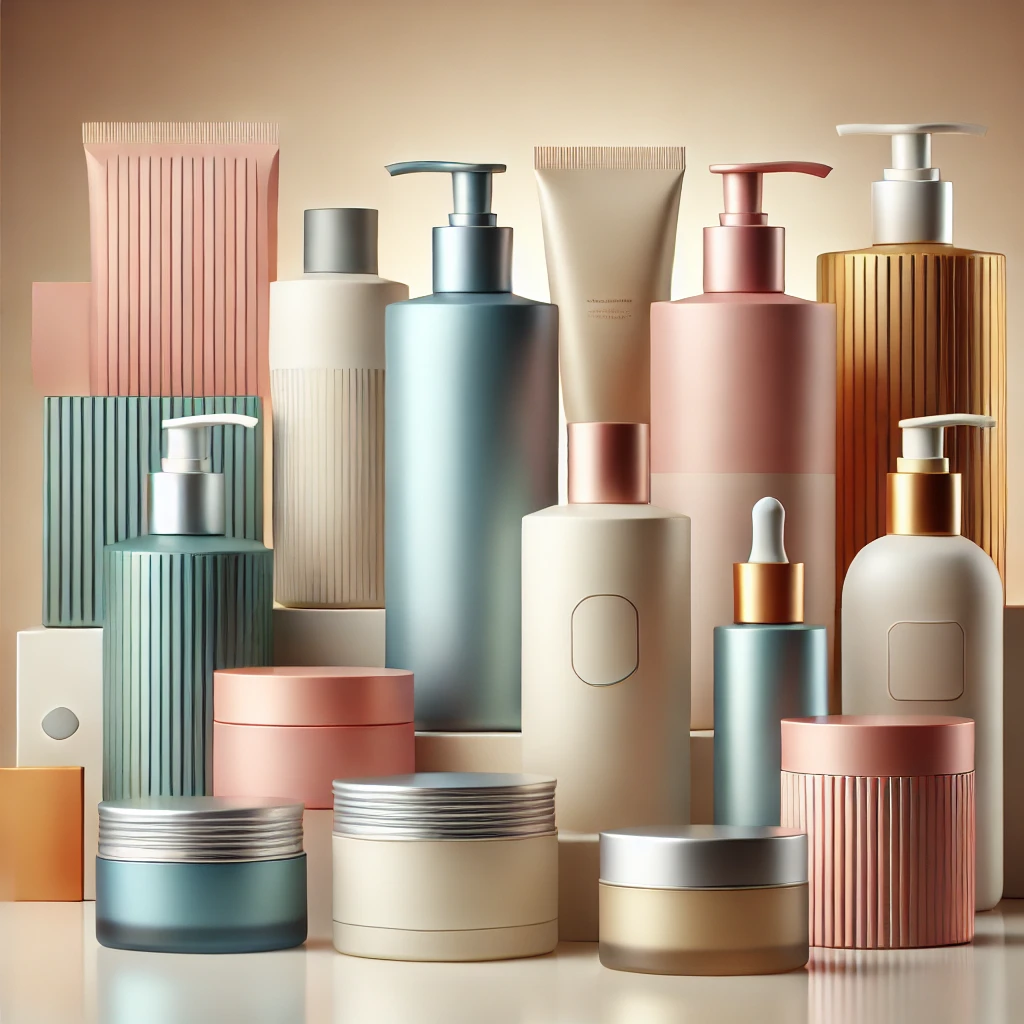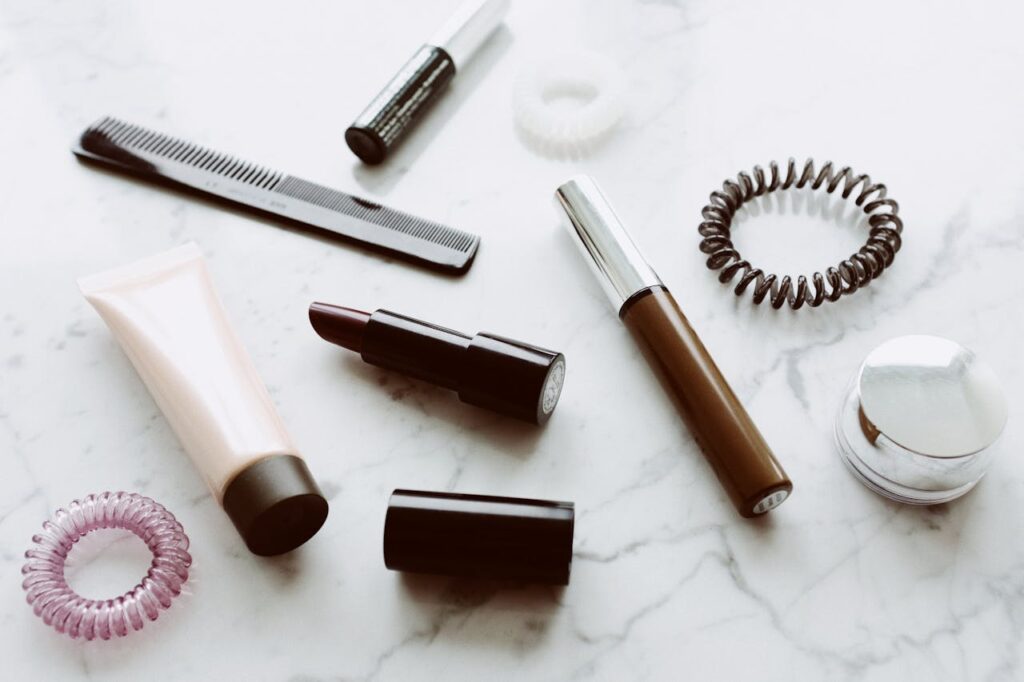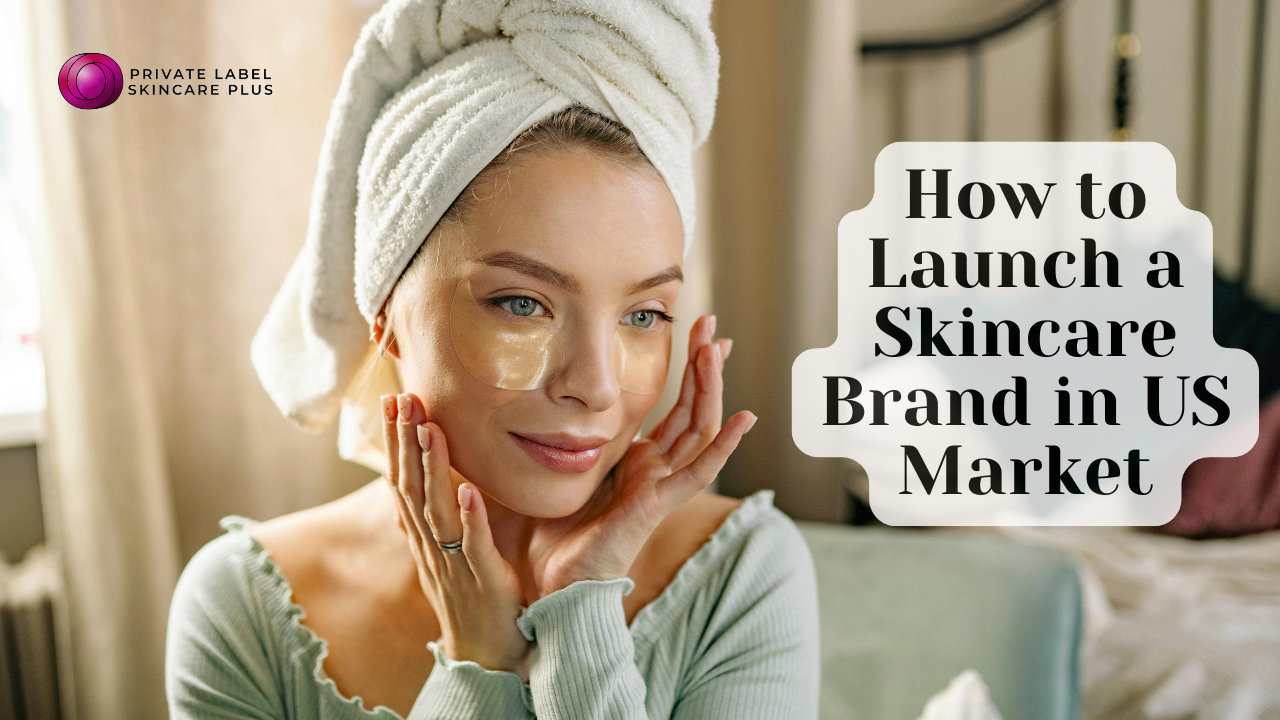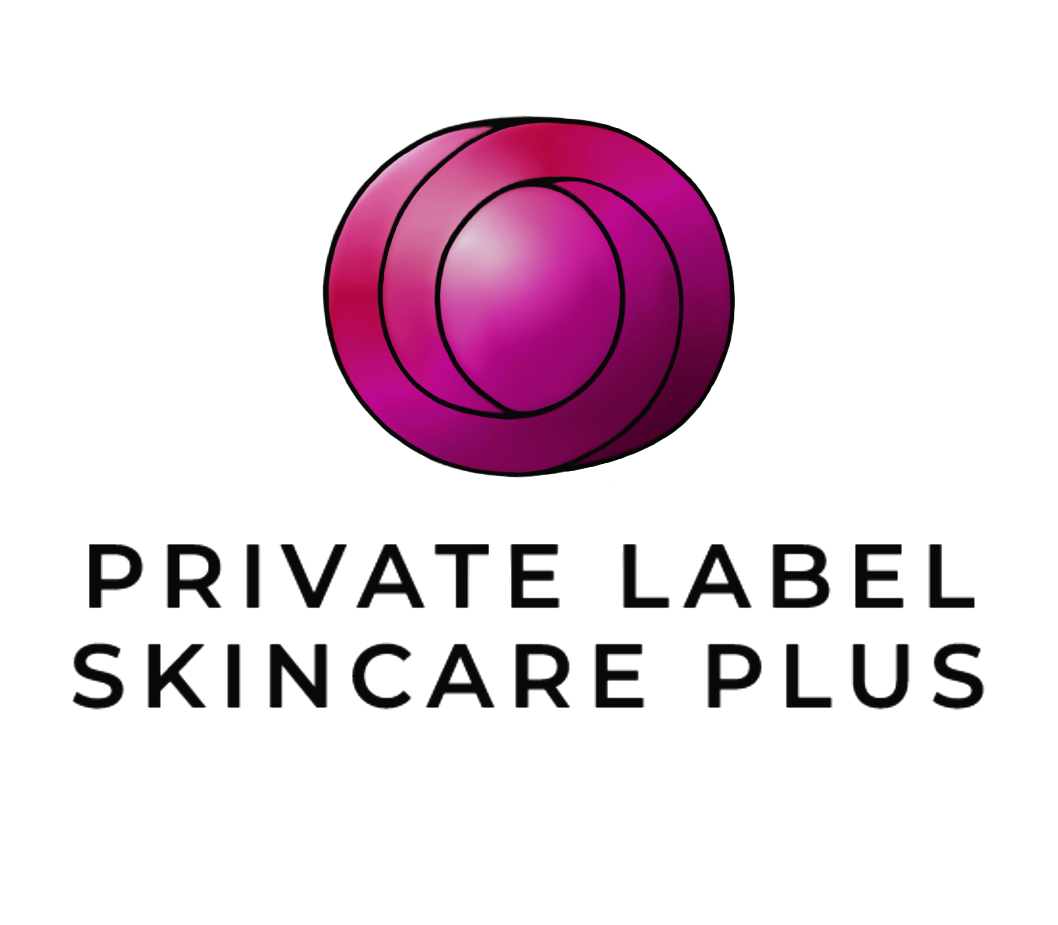The skincare industry in the US is booming, and there’s never been a better time to launch your own skincare brand. With consumers increasingly demanding products that are effective, transparent, and aligned with their values, the opportunities are vast. However, breaking into the market and carving out your space requires careful planning, smart branding, and high-quality product development.
Whether you’re a dermatologist, aesthetician, or an entrepreneur with a passion for skincare, this guide will walk you through the step-by-step process of launching a successful skincare brand in the US. Let’s dive in.
Step-by-Step Guide to Launching Your Skincare Brand
1. Identify Your Niche in the Skincare Market
The first and arguably most important step in launching your skincare brand is to identify your niche. The skincare market is crowded with products targeting everything from anti-aging to acne. So, how will your brand stand out? Finding a specific focus can help differentiate you from the competition.
- Define Your Focus: Consider specializing in areas like clean beauty, organic skincare, anti-aging treatments, or products for sensitive skin. By targeting a particular segment, you can develop products that deeply resonate with your customers’ specific needs.
- Pro Tip: Research your competitors and find gaps in the market. Are there ingredients or concerns that existing brands aren’t addressing? This is your chance to fill that gap.
- Create Your Unique Selling Proposition (USP): Your USP is what makes your brand special. It could be a signature ingredient, a focus on sustainability, or offering dermatology-grade products. Your USP should be at the core of your marketing and branding efforts, helping you stand out in the saturated skincare market.
2. Develop and Formulate Your Skincare Products
After identifying your niche, it’s time to focus on custom skincare formulations. The product you create must reflect the quality and effectiveness your brand promises. Here, you can either develop your own formulations or work with a private label skincare manufacturer like PrivateLabel Skincare Plus.
- Benefits of Private Label: Partnering with a manufacturer allows you to create custom formulations without the heavy burden of managing every detail of product development. With private label solutions, you can tailor ingredients to your audience’s needs and scale production more easily.
- Ingredient Trends: The US skincare market is currently favoring natural, organic, and clean ingredients. Consider incorporating popular actives like hyaluronic acid, vitamin C, and retinol, or emphasizing plant-based or cruelty-free ingredients.
- US Regulatory Compliance: Ensure your products meet FDA regulations, including proper ingredient labeling and accurate product claims. For example, if you’re advertising a product as “anti-aging” or “acne-fighting,” it must have proven, effective ingredients that back up the claims.
- Quality Control: Your products should undergo thorough testing to ensure safety, stability, and effectiveness. Partnering with dermatologists or labs for product testing can add credibility to your brand.

3. Build a Strong Skincare Brand
Creating high-quality products is essential, but without strong branding, it’s hard to stand out. Your brand is more than just a logo—it’s the overall identity that connects with your target audience.
- Craft Your Brand Story: What inspired you to launch your skincare brand? Your story, values, and mission should resonate with your customers. Whether it’s a commitment to eco-friendly practices, dermatology-backed formulations, or luxurious experiences, let your customers see your passion behind the brand.
- Design Custom Packaging: Packaging is critical in the skincare industry, where the visual appeal is often the first point of contact with potential customers. Use high-quality, aesthetically pleasing packaging to attract attention. You can add to the professionalism of your brand by using silkscreen printing for a polished, upscale look. PrivateLabel Skincare Plus offers comprehensive solutions, including custom branding and packaging services, to ensure your product looks as good as it performs.
- Standout Design: Make sure your packaging reflects your brand’s ethos. For example, eco-friendly brands might opt for sustainable packaging, while luxury brands can go for a sleek, high-end feel with minimalist designs.
4. Set Up Your Business and E-Commerce Platform
Now that your product and branding are in place, it’s time to handle the business logistics. Setting up the foundation of your business is essential to ensure long-term success.
- Register Your Business: Make sure to register your brand and secure the appropriate licenses. Consider setting up an LLC to protect your personal assets, and look into trademarking your brand name, logo, and product names to prevent intellectual property theft.
- E-Commerce Setup: In today’s digital age, an e-commerce platform is crucial. Set up an easy-to-use online store using platforms like Shopify or WooCommerce. Your site should be mobile-friendly, visually appealing, and offer a smooth user experience, with detailed product descriptions and high-quality images.
- Pricing Strategy: Make sure your prices reflect both the quality of your products and the competitive landscape. Include production costs, packaging, shipping, and marketing to ensure your brand is profitable. Offering premium, custom skincare formulations with professional packaging can justify higher pricing, especially when aligned with the right audience.
5. Market and Promote Your Skincare Brand
With your brand launched, the next step is to get the word out. Building a customer base requires a solid marketing strategy that leverages both digital and offline channels.
- Digital Marketing: Focus on building a strong online presence through SEO-optimized content, such as blogs about skincare tips, ingredient benefits, and product tutorials. Make sure your website ranks for important keywords like “custom skincare formulations” or “clean beauty solutions.”
- Social Media: Platforms like Instagram, TikTok, and YouTube are crucial for skincare brands. These platforms are visual, which is perfect for showing before-and-after results, tutorials, and user reviews. Engage with your audience by sharing behind-the-scenes content, educational posts, and influencer partnerships.
- Influencer Collaborations: Partnering with influencers who align with your brand values can help build credibility and increase your reach. Focus on influencers who can genuinely speak about your products’ benefits and help you gain trust with their followers.
- Press and PR: Try to secure media coverage or feature in beauty magazines and blogs to build credibility. Offering samples to editors, bloggers, and influencers can generate buzz for your brand.

6. Navigating Retail and Distribution
While selling online is a great way to start, many brands eventually aim for distribution in retail stores.
- Direct-to-Consumer (DTC): Focus on creating a strong direct-to-consumer (DTC) channel by building customer loyalty through excellent customer service, subscription models, and limited-time offers.
- Retail Partnerships: Once your brand gains traction, consider approaching local boutiques or larger retailers like Sephora, Ulta, or department stores. Make sure your branding and packaging are retail-ready—this is where silkscreen printing and custom design really help your products stand out on store shelves.
7. Scaling Your Skincare Brand
As your brand starts to gain momentum, it’s time to think about the future and how to grow your product line.
- Expanding Your Product Line: Listen to customer feedback and expand based on their needs. Add complementary products such as cleansers, serums, or masks to build a complete skincare regimen.
- Global Expansion: Once your brand is established in the US, consider expanding internationally. Be aware of international regulations, ingredient restrictions, and market preferences when entering new regions.
Conclusion
Launching a skincare brand in the US market may seem daunting, but with the right strategy, it can be incredibly rewarding. From identifying your niche and creating custom skincare formulations to building strong branding and utilizing effective marketing, there’s plenty of opportunity for success.
By partnering with a private label manufacturer like PrivateLabel Skincare Plus, you can streamline the process of product development and focus on growing your brand. With careful planning and execution, your dream of launching a successful skincare brand is just within reach!


